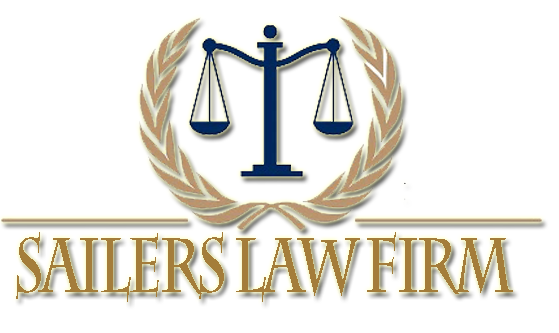In an increasingly competitive world, protecting your intellectual property (IP) is crucial to the success and longevity of your business or creative work. Trademark and copyright registration are two of the most powerful tools available to safeguard your brand, logo, designs, and creative works. Securing legal protection for these assets helps you maintain ownership and prevent unauthorized use or infringement. Here’s an overview of what trademark and copyright registration involves and why it’s essential for your business or creative endeavors.
What is Trademark Registration?
A trademark is a distinctive sign, symbol, logo, word, phrase, or combination of these elements that uniquely identifies your product or service in the marketplace. Trademark registration gives you exclusive rights to use the trademark in commerce, protecting it from unauthorized use or infringement by others.
By registering your trademark with the appropriate governmental authority (such as the USPTO in the United States or the EUIPO in Europe), you establish legal ownership of the trademark. Registration makes it easier to protect your rights in case of infringement and enhances the ability to enforce those rights in court.
Benefits of Trademark Registration:
-
Exclusive Ownership: Trademark registration grants you the exclusive right to use your trademark in relation to your products or services. This prevents competitors from using a confusingly similar trademark.
-
Nationwide Protection: Registration provides legal protection across the country, regardless of where you operate, making it easier to enforce your rights.
-
Increased Brand Value: A registered trademark can become an asset that adds value to your business. It can be licensed or franchised, creating new revenue opportunities.
What is Copyright Registration?
Copyright is a form of legal protection granted to the creators of original works of authorship, such as literary works, music, art, and software. While copyright protection is automatic upon the creation of a work, copyright registration offers several benefits, including legal recognition, public record, and the ability to sue for statutory damages in the event of infringement.
Registering your copyright with a relevant authority (such as the U.S. Copyright Office or the UK Intellectual Property Office) solidifies your claim to the work and enhances your ability to protect your rights.
Benefits of Copyright Registration:
-
Legal Proof of Ownership: Registering your work creates an official record of your copyright, providing legal evidence of your ownership in case of disputes.
-
Eligibility for Statutory Damages and Attorneys’ Fees: If your work is infringed, registering your copyright allows you to seek statutory damages and attorneys’ fees, which can make legal action more financially viable.
-
Public Notice: A registered copyright places the public on notice that the work is protected, reducing the likelihood of infringement.
The Key Steps in Trademark and Copyright Registration
-
Conduct a Search:
Before filing for either trademark or copyright registration, it’s essential to conduct a thorough search. For trademarks, check for similar existing marks that could lead to conflicts. For copyrights, ensure that your work is original and has not been previously registered by others. -
Prepare Your Application:
For trademarks, you’ll need to provide details about the mark, its use in commerce, and the goods or services it represents. Copyright applications require submission of a copy of the work, along with information about the author and creation date. -
Submit Your Application:
Once you’ve gathered the necessary information, submit your application to the appropriate government agency. The registration process may vary depending on the jurisdiction, so it’s important to follow the guidelines for the country or region you are applying in. -
Enforce Your Rights:
After your trademark or copyright is registered, it’s crucial to actively monitor for potential infringements. If you detect unauthorized use, take steps to enforce your rights, including sending cease-and-desist letters or pursuing legal action if necessary.
Conclusion
Trademark and copyright registration are vital steps for protecting your intellectual property and securing your brand’s identity. By registering your trademark, you gain exclusive ownership and legal protection, while copyright registration safeguards your creative works from unauthorized reproduction or use. Whether you’re a business owner looking to protect your brand or an artist seeking to secure your creative output, registering your intellectual property is an essential part of building a successful and secure future.

